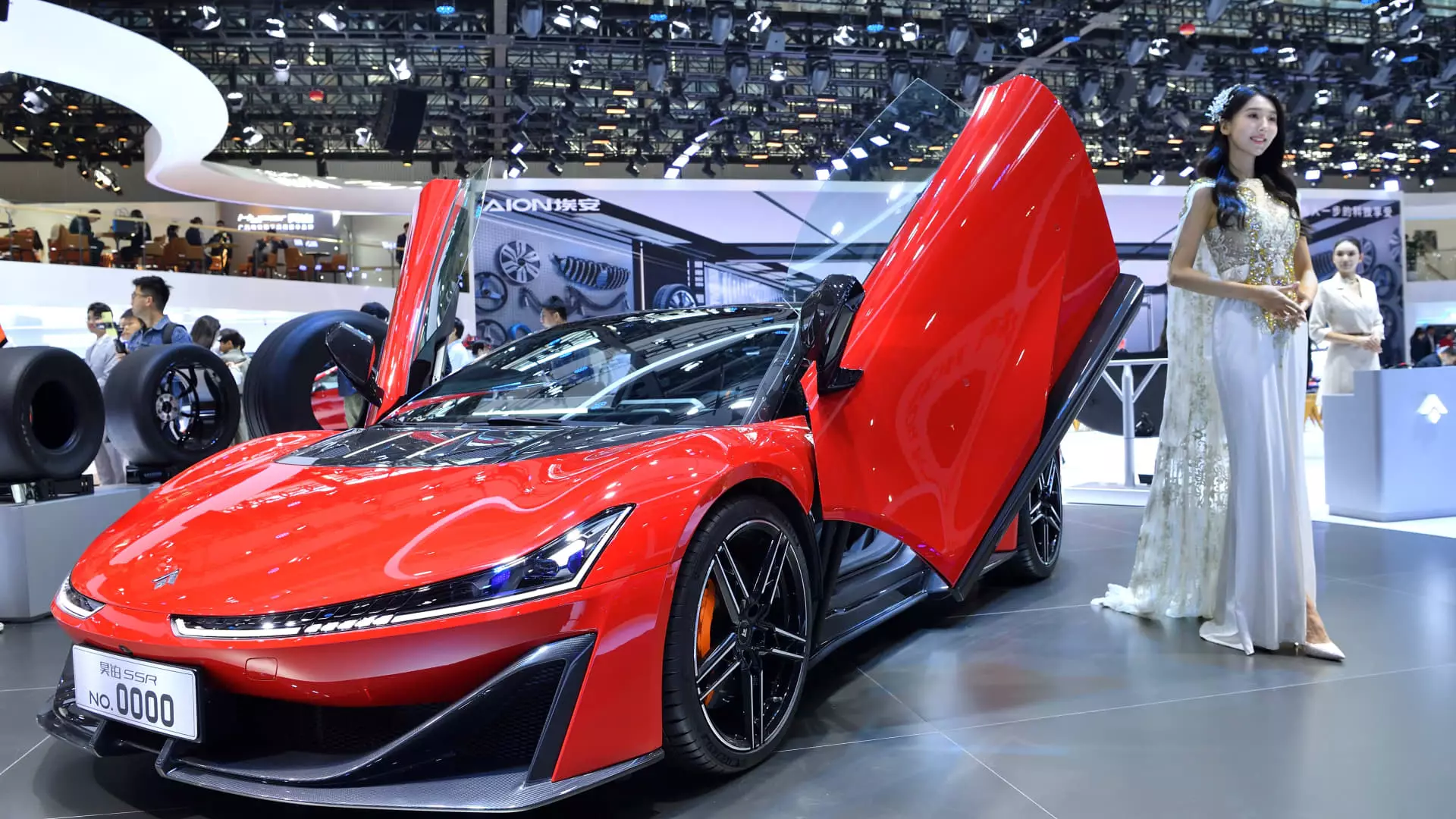China has recently called on the European Union to reverse its decision to impose provisional tariffs on Chinese electric vehicles. According to Global Times, both parties have agreed to engage in new discussions regarding the matter. Wang Wentao, China’s commerce minister, and Valdis Dombrovskis, executive vice president of the European Commission, have agreed to initiate talks on the EU’s anti-subsidy investigation into Chinese EVs.
The main goal for China in these discussions is for the European Commission to retract its tariff decision by July 4 and abide by World Trade Organization rules. The EU’s provisional tariffs, which could be as high as 38.1% on Chinese EV imports, are set to go into effect by July 4 if no resolution is reached during the talks. This would be in addition to the standard 10% duty already imposed on imported EVs.
Potential Benefits of Reversal
Observers quoted in the Global Times report suggest that revoking the tariff decision would benefit both China and the EU. The economic and trade cooperation between the two entities is significant, and both parties rely on each other. Failing to resolve the issue could lead to countermeasures from China, according to experts, resulting in losses for both sides.
China has strongly opposed the tariffs, labeling the move as “blatant protectionism” that could potentially contravene WTO regulations. The Chinese commerce ministry expressed its disapproval of the decision on June 14, criticizing the EU for what it perceived as overly selective targeting in its investigation into Chinese EVs. Additionally, a Chinese official recently stated to CNBC that the results of the EU’s probe were deemed to be less than credible.
The ongoing dispute between China and the EU regarding tariffs on Chinese electric vehicles highlights the complexities of international trade relations. Both parties have a vested interest in resolving the issue amicably to avoid negative consequences for their economic and trade ties. The outcome of the discussions initiated between China and the EU will likely have far-reaching implications for future collaboration between the two entities.


Leave a Reply